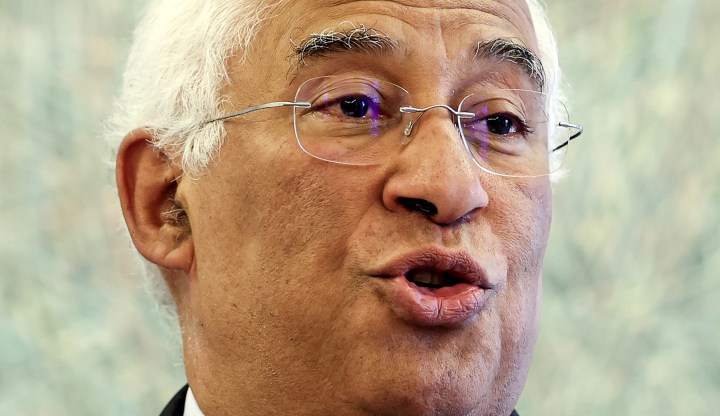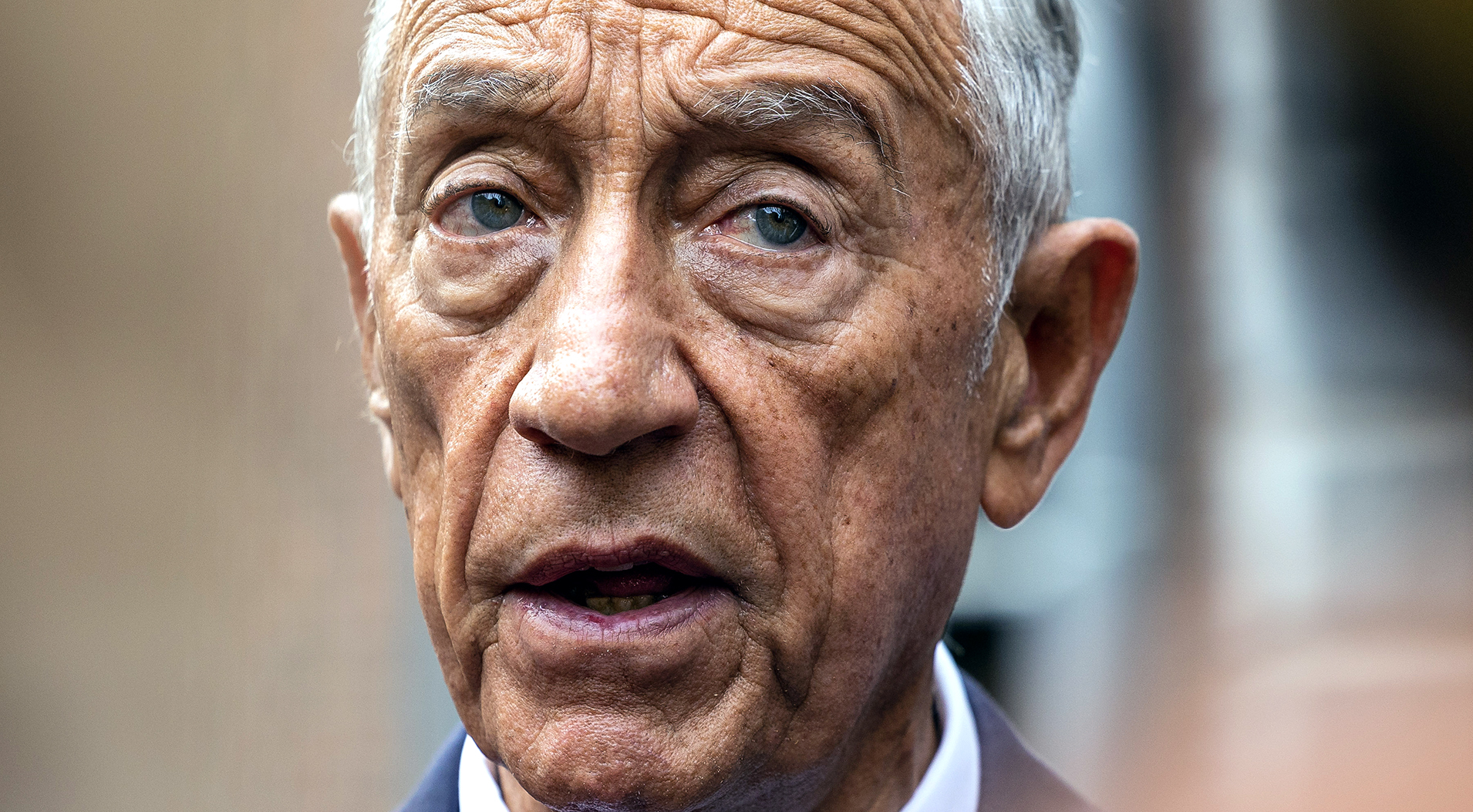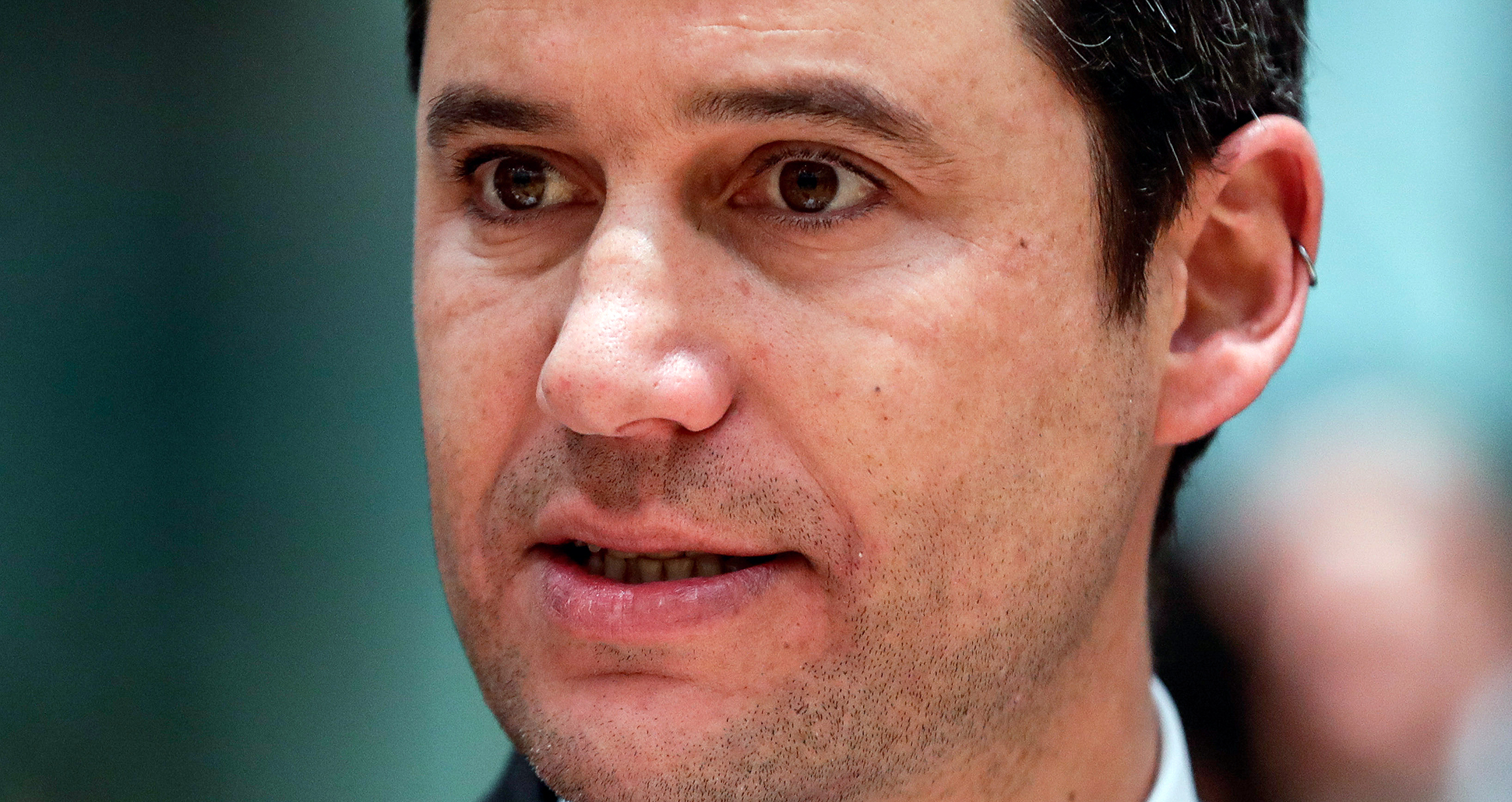UNJUST TRANSITION OP-ED
António Costa’s alleged corruption linked to green minerals precipitates political crisis in Portugal

The crisis in Portugal, catalysed by the resignation of its prime minister, highlights the prevalence of corruption in the midst of the surge for so-called critical minerals, often referred to as green minerals.
In a shocking turn of events, Portugal finds itself in the midst of political turmoil as its prime minister, António Costa, tendered his resignation on 7 November due to allegations of his involvement in corrupt influence-peddling in the lithium and green hydrogen exploitation business.
On Tuesday, prosecutors officially named João Galamba, Costa’s infrastructure minister, as a suspect. Subsequently, they arrested Vítor Escária, who is not only the chief of staff but also a close friend of Costa. They also detained the mayor of Sines and two other executives.
This has cast a shadow over Costa’s government. Despite affirming that his conscience was clear, he chose to resign to enable the investigation to continue. Additionally, he stated that he would not run as a candidate for the premiership again.
This unprecedented situation marks the first time in Portuguese democratic history that an incumbent prime minister has been indicted and subsequently resigned. The president of Portugal, Marcelo Rebelo de Sousa, who was expected to address the public on Thursday, 9 November, in response to these shocking developments, has called for a meeting with political parties and the Council of State, which will take place soon.
Two options are now on the table: the dissolution of parliament and the calling of new elections or the invitation of the Socialist Party (Partido Socialista), which Costa is a part of and leads, to nominate a new prime minister, given their parliamentary majority.
Many political analysts are leaning towards the first option, as the political crisis in Portugal calls for a fresh start, and electing a new government and parliament seems to be the most appropriate solution, although it may pose a significant financial burden on Portugal, which is currently facing serious economic constraints.
Lithium and hydrogen … but there is more
The connection of Costa to the lithium and hydrogen scandal was akin to a drop of water spilling from a glass already overflowing with political complications for the Socialist Party and Costa. This had already embroiled the Portuguese political situation in controversy. The opposition’s frustration with Costa’s governing style had become intolerable, exacerbated by the country’s ongoing social and economic crisis. Essential services, such as housing costs, were soaring, and the healthcare system was becoming increasingly inefficient.
Costa, a very popular leader, has faced criticism for governing with an iron fist since securing an absolute majority. His government has been accused of being unyielding in its policies, where the word “negotiation” seemed to translate into “my way or the highway”.
Costa’s leadership, particularly in this recent term, has been marked by several challenges for the Portuguese people, including overcrowded and underfunded hospitals, a shortage of doctors and teachers, and an imminent sharp increase in automobile taxes for vehicles manufactured before 2007, disproportionately affecting those with limited financial means.
With an inefficient public transportation network, the public is left grappling with the consequences.
Meanwhile, Portuguese banks have reported record profits, while the European Central Bank (ECB) has increased mortgage rents multiple times, with little government intervention to protect citizens. This, along with skyrocketing rental costs, has contributed to a surge in the homelessness rate.
All of these issues have raised questions about Costa’s popularity and leadership style.
Critical minerals fuel corruption
As Portugal becomes embroiled in a new race for crucial minerals essential for the energy transition, particularly lithium, the nation’s future is at stake, given its status as one of Europe’s most significant reserves of lithium. This makes the outcome of this political crisis all the more significant for Portugal and the world.
This case in Portugal serves as an instructive example, highlighting the prevalence of corruption in the midst of the surge for so-called critical minerals, often referred to as green minerals. It underscores the eagerness of transnational companies to obtain mining concessions, a trend aimed at solidifying their dominance in this emerging new extractivist phase. This push for control is ostensibly justified by the goal of facilitating the transition to a low-carbon economy.
In southern Africa, transnational corporations are notably instrumental in the region’s efforts to enhance production capabilities for substantial volumes of “green” hydrogen, particularly evident in the case of South Africa. Simultaneously, these corporations are spearheading the rapid expansion of cobalt mining in Zambia, intensifying the resource race.
Meanwhile, Zimbabwe is witnessing an alarming surge in lithium mining activities, while in Mozambique, the extraction of graphite is not without controversy, involving the displacement of rural populations and conflict as they endeavour to secure a reliable graphite supply for Elon Musk’s Tesla, catering to the needs of the US middle-class consumers for electric vehicles.
If it hasn’t already begun, we can anticipate a surge in corruption cases in these countries. The key distinction from Portugal is that the judicial and prosecutorial systems there exhibit a higher degree of independence, and the separation of powers is more pronounced than in most, if not all, countries in southern Africa, which possess significant reserves of minerals crucial for the energy transition. DM
Boaventura Monjane is a postdoctoral fellow at the Institute for Poverty, Land and Agrarian Studies, University of the Western Cape. He holds a PhD on Postcolonialism and Global Citizenship from the University of Coimbra, Portugal. He is the solidarity officer for West Africa and Haiti at Grassroots International.























Comments - Please login in order to comment.